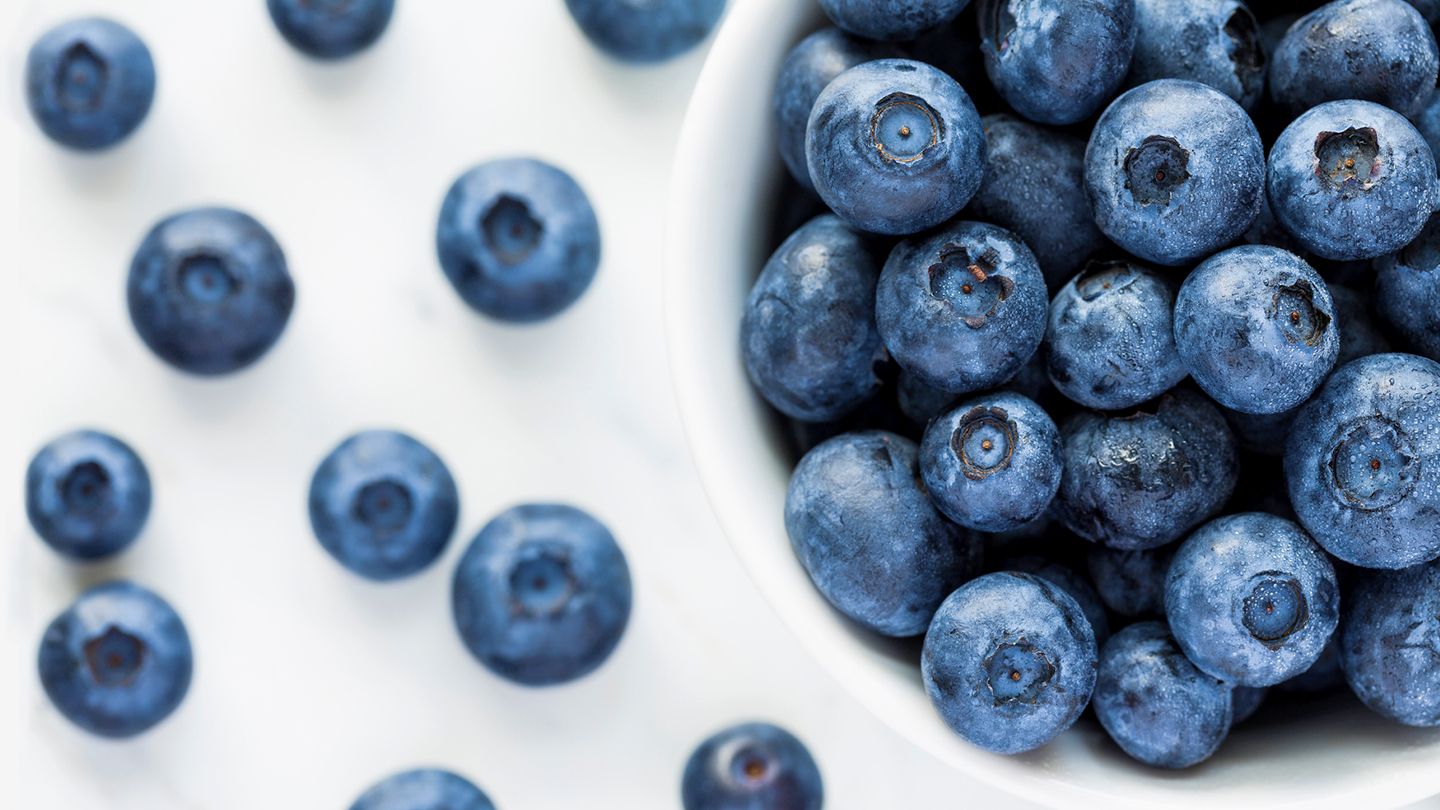
As tiny powerhouses of nature, blueberries contain several nutrients and antioxidants that are beneficial to the body. They can support the various organs of the body and reduce the risk of developing several diseases and conditions. Many people wonder what the benefits of blueberries are. In this article, we’ve listed some of the top benefits of eating this healthy berry. But do you know all of the benefits of blueberries? Read on to discover the truth about these berries.
High in antioxidants, blueberries are great for you. One cup contains more than 9,000 mg of antioxidants. Compared to other fruits and vegetables, blueberries are low-calorie and nutrient-dense foods. They are a good source of vitamin C, vitamin K, and manganese. These nutrients fight free radicals and protect the body from chronic diseases. These benefits are made even more powerful by blueberries’ high content of vitamin C.
High in Vitamin A, blueberries prevent vision loss due to aging. The British Air Force claimed to have eaten blueberries to improve their night vision during World War II. Other antioxidants found in blueberries protect against the growth of cancer cells. Recent lab studies suggest that blueberries help prevent colon and ovarian cancers, the most common type of cancer in women. You can also improve your immune system by eating more blueberries!
Researchers from the University of East Anglia found that eating as much as 150 grams of blueberries daily may reduce the risk of cardiovascular disease by as much as 15%. In addition to being tasty, they also lower the risk of metabolic syndrome, which is a common risk factor for cardiovascular disease. However, you must remember that there is a limited amount of research on the connection between blueberries and cardiovascular disease. For now, it remains to be seen whether blueberries have this effect, but it is a good idea to take a closer look at it.
Blueberries are a delicious, nutritious fruit to consume regularly. They contain high levels of fiber and are low in sugar, which helps regulate blood sugar. These benefits may make them the best snack for diabetics. Furthermore, these berries help lower cholesterol levels and insulin resistance. The benefits of blueberries may even be more widespread than previously thought. You can enjoy a glass of blueberries anytime! You won’t regret it.
Blueberries may also reduce the risk of allergic reactions. Blueberries inhibit the overproduction of histamines and stabilize the white blood cells that respond to allergens. They also contain a polyphenol called quercetin, which has anti-allergic and immune-stimulating properties. Polyphenol quercetin reduces the production of histamines and suppresses the release of pro-inflammatory cytokines.
While high cholesterol and blood pressure are important risks for heart disease, blueberries can reduce both. They also have a high antioxidant content, pterostilbene. It’s been shown that this substance may help prevent breast cancer and protect against heart disease. However, while blueberries do contain some carbohydrates, it’s far from being one of the highest sources of carbs. Small portions of blueberries can be included in low-carb diets if you’re concerned.
One of the most impressive health benefits of blueberries is their ability to lower LDL cholesterol, a type of bad cholesterol that clogs arteries. Antioxidants found in blueberries have been shown to reduce LDL by up to 20%. This effect has also been proven in animal studies, where consuming two grams of blueberries daily reduced LDL oxidation by 20%. Additionally, blueberries can improve cognitive skills, including memory, as they are rich in flavonoids, and potent antioxidants.
While blueberries have many health benefits, some research has shown that they lose some of their nutritional value as soon as they are picked. In some cases, washing them is advisable, as it reduces the risk of mold or spoilage. Blueberries also retain more of their nutritional value if they are picked before they have begun to rot. A few minutes of rinsing can keep them healthy for up to five days.

